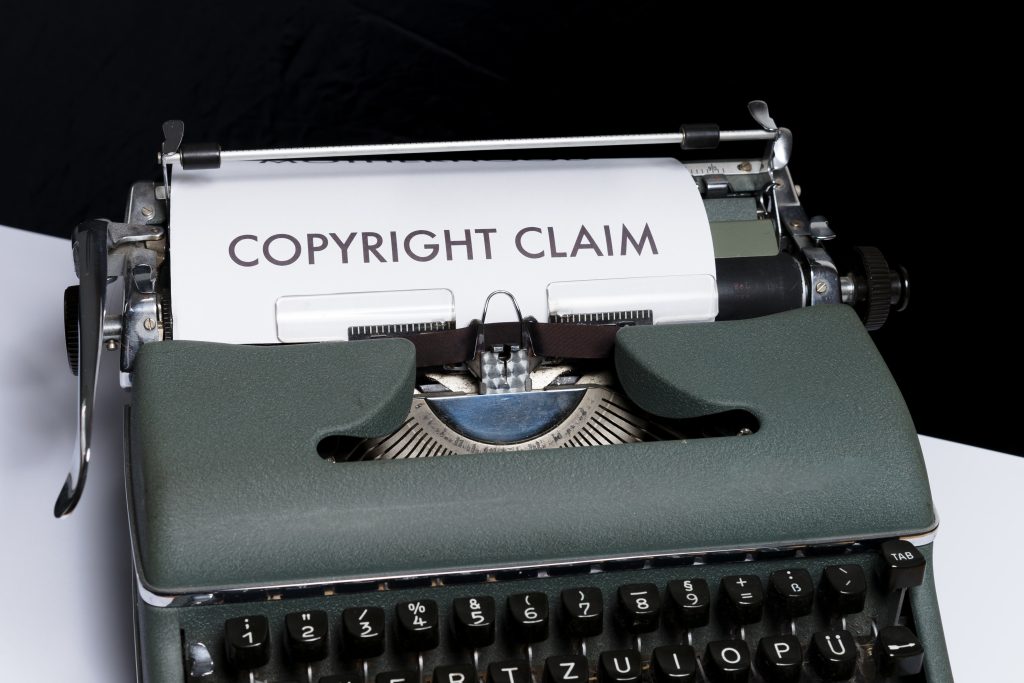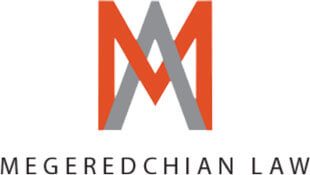What Is Discovery in A Lawsuit?
When you file a lawsuit in California, there are several different types of terms that we want our clients to know and be comfortable with. Our top-rated personal injury attorneys will always do our best to ensure that our clients are informed of every step of their case.
Our attorneys have been representing victims of accidents for decades, whether it is a motorcycle accident, slip and fall accident, hotel accident, etc., and we know exactly how the lawsuit process works, along with the time limits with every single step.
California has several rules and regulations in place that encourage a speedy discovery process in order to make sure that no attorney tries to delay the lawsuit maliciously. There are specific time limitations that each party must adhere to when sending out or receiving discovery.
Discovery time is one of the most crucial times when filing a lawsuit. Each fact is discovered during this time, and could be helpful to either party to the case.
When a civil lawsuit is filed against a party, a plaintiff, also known as the party who is filing the lawsuit, will file paperwork against the defendant. After the initial paperwork is filed that alerts the defendant that they have a lawsuit against them, the parties will then conduct discovery to gather as much as possible that will help them with their case. During this time, the parties could recover good and bad pieces of evidence. It is up to the party’s discretion and experience to later determine how they will be able to use those bad facts in their favor.
During this discovery time, each party will also assess the value of the case and determine whether or not they should settle or go to court. Usually, parties settle to prevent going to court because court can be very costly, and the jury may decide on a larger amount than the settlement.
During discovery, there will be several different types of events that could take place. This includes:
- Depositions: depositions are oral statements given by parties to the case or third parties. They are under oath, but this happens before trial. During this time, each attorney will be able to ask the party who is being deposed questions about the accident and the circumstances.
- Form interrogatories: this is a set of form questions created by the California courts where the party will have to check mark each pre drafted question that they want answered from the other party.
- Special interrogatories: these are specific questions that are drafted by each attorney that they want answered by the other party.
- Request for admission: this is the document that states facts that each party would want the other party to admit. The other party could either admit or object.
- Production of documents: if the case involves documents, such as insurance forms or police reports, then there most likely will have to be production of documents filed against the party the attorney is trying to get information from.
- Medical examination: common in personal injury cases where the plaintiff is claiming bodily injury, the defendant will most likely hold a medical examination for the plaintiff. The plaintiff will have to attend. The doctor will most likely be a doctor chosen by the defendant who is requesting the medical examination.
- Subpoena: subpoenas are a document filed onto a party asking the party to either appear for a deposition or to provide specific documents.
During this time, there are specific types of documents and communications that should not be given out during discovery. For example, privileged information cannot be disclosed during discovery. Privileged information includes attorney-client privilege, such as statements made from the client to their attorney, along with documents and materials that the attorney used in order to prepare for the case and trial.
While each party is receiving discovery documents and information, they are preparing for trial and determining whether or not they have a chance of winning or losing. However, it is important to remember that evidence that comes in during the discovery time may not be brought in in court.

What are objections?
When a party does not agree with a specific type of evidence, they have the right to object depending on the circumstances of the question. For example, common objections include:
- Vague: a vague objection is made by an attorney when the other attorney has asked for a document and does not specify the time period or what the purpose of the document is.
- Speculation: This occurs when the attorney asks for a document that is mere speculation, and asks for the witness to speculate and guess on the answers.
What does a client have to do during discovery?
During the discovery process, a client must answer questions and provide the necessary documents. The attorney will most likely reach out to the client in order to get answers to the questions and create the best legal response, along with raising any objections. These documents and answers to the questions must be done timely, or else a party may be facing hefty fines from the court.
An experienced attorney will be able to file all the paperwork timely. For example, in California the time limit as to when discovery must be answered is 30 days. During these 30 days, the party must gather all the documents that are being requested, and answer all the questions.
Who gets involved in discovery?
During the discovery process, several different parties can get involved including:
- Eyewitnesses: eyewitnesses may be called to give their opinion, along with explaining the accident and what they saw.
- Doctors: doctors will conduct their own medical examination.
- Experts: experts on accidents and medical conditions will be able to weigh in and provide their opinions on the accident.
- The victim: the plaintiff who has filed the lawsuit and has been injured in the accident may be deposed to give their version of the events.
- The defendant: the defendant will be deposed to give their version of the events and how the accident occurred.
What happens after discovery?
Discovery comes to an end towards the date of trial. After discovery, the parties will assess the case details, along with the value of the case, and potentially offer a settlement amount to the other party. During this time, both parties will have to negotiate a settlement amount. If the parties failed to negotiate a settlement amount, then they must go to trial. However, almost all parties will want to negotiate a settlement amount to avoid going to trial.
Discovery is very important because during this time the attorney will be able to gather as much information as possible. This is a very critical time because it could make or break your entire case. That is why it is very important to hire an experienced attorney who will be able to conduct valuable discovery and receive evidence that could potentially help you in your lawsuit. Contact our attorneys today to see how we can help you with discovery in your case. Our car accident attorneys at Megeredchian law are ready and able to help you 24/7. Contact our lawyers today for a free case evaluation.

 Call Us:
Call Us: